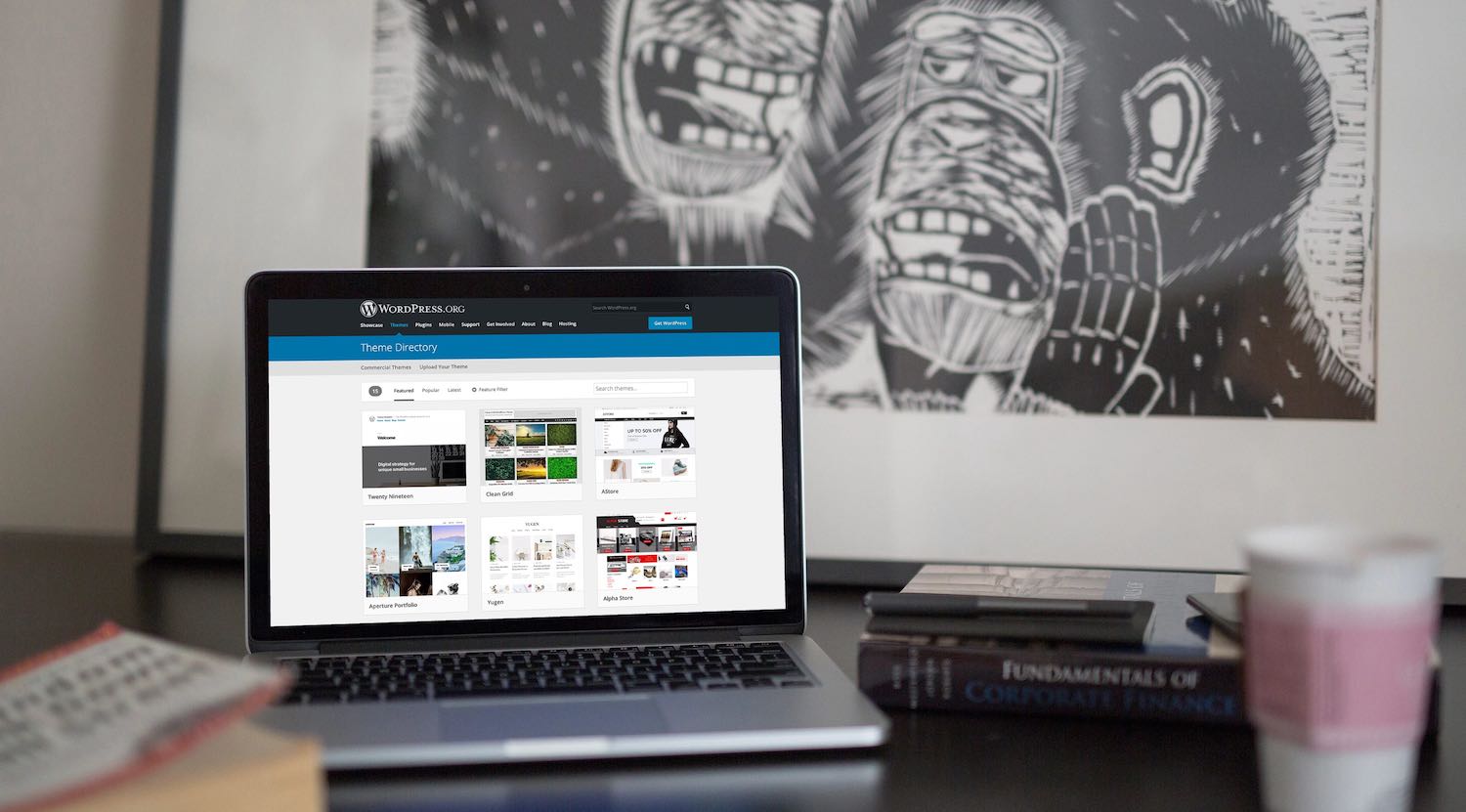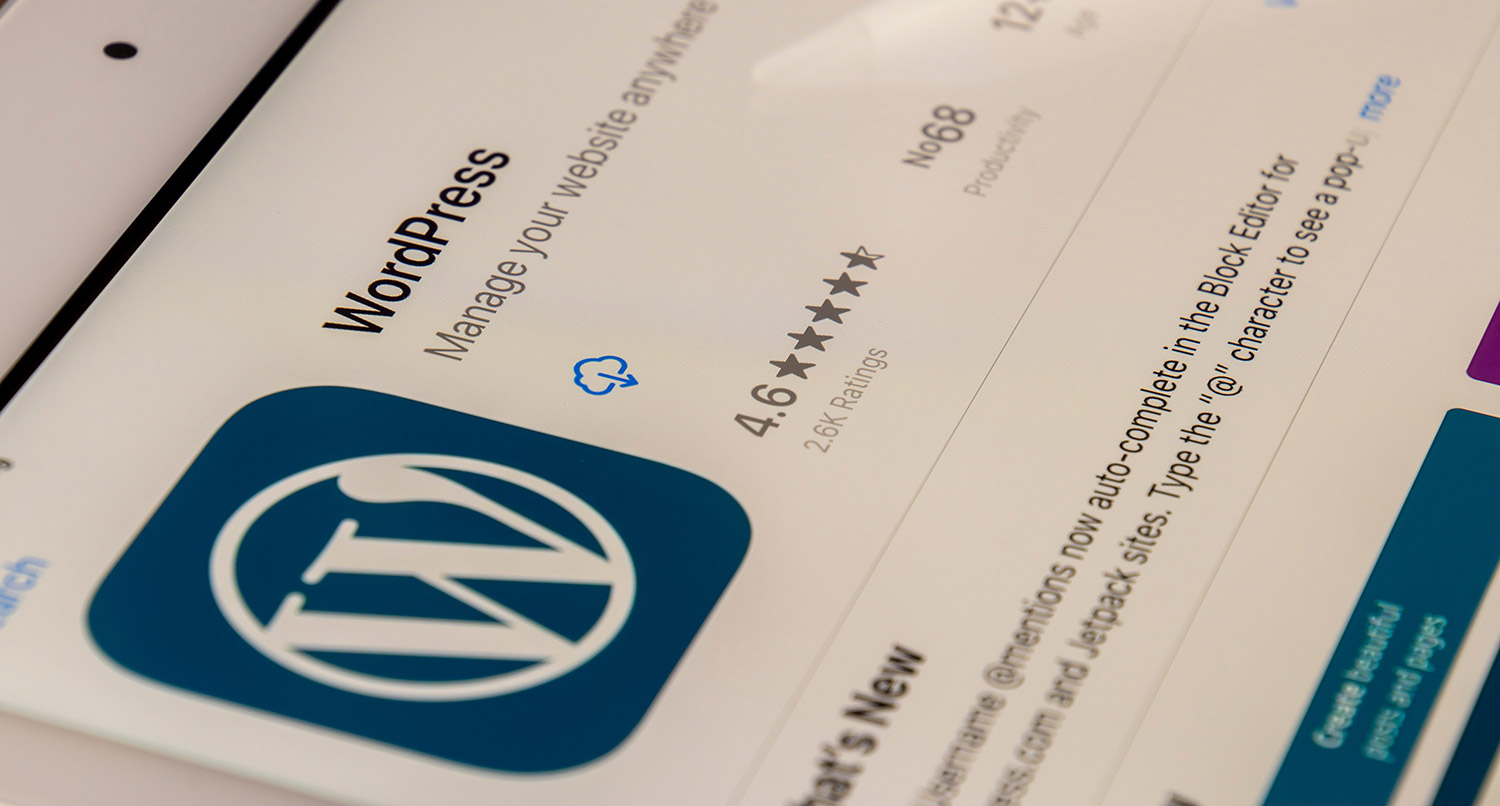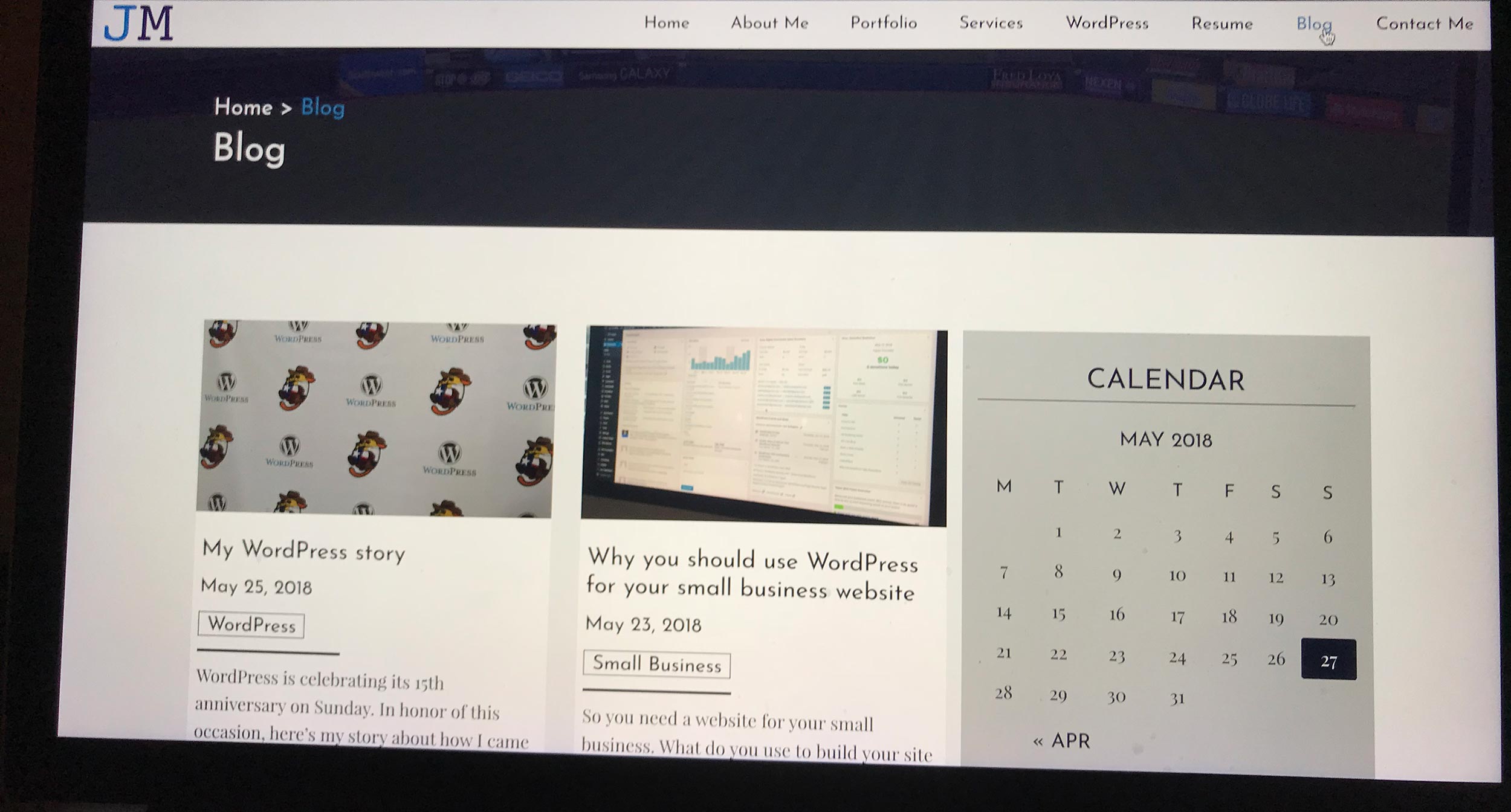Managing a WordPress website seems easy at the start, but maybe now that you have one you’re not sure what to do. You read about security threats and attacks on WordPress sites. And you’ve heard the horror stories of other people who were trying to maintain their WordPress site.
So just how do you properly manage your WordPress website?
Well, the answer is simple, but you might not like it. The proper way is to give it the time and effort you need to make sure that it’s running. Just like you would tend to your garden, so you should also tend to your website.
From running updates on a regular basis, to taking back ups, to just making sure everything is working properly, this is going to take some time. And the end result is going to be a website that works and helps your business grow.
So today let’s dive deeper into what you can do to properly manage your website.
Always update your website
I can’t stress this enough. You always need to make sure that your website is up-to-date.
Plugins, themes and WordPress core are regularly releasing new versions. And those new versions don’t just contain new features. They also have fixes for various bugs and sometimes fixes for security issues.
And that presents a problem. Usually when an update is released, the changes made are included in a changelog, and that log will denote any security fixes/issues. And that opens up the potential for breaches on your website. Not good.
So when you notice the little update icon in the top of the admin bar, update your site as soon as you can. Since WordPress is so popular, WordPress websites are particularly targeted by bad actors. And leaving your website un-updated with potential security flaws is not something you want to do at all.
Update. Your. Website.
Get the Best WordPress Website Care
Do you want to give your WordPress website the care it deserves but don’t have the time? Don’t worry. You can sign up for one of the WordPress Website Care plans and have it all taken care of for you. Each plan comes with quality web hosting, managed updates, security and so much more. It’s the best way to make sure your website gets the care it needs.
Start Taking Care of Your WebsiteTake regular backups
Also, another crucial step to take is make sure you’re taking regular backups of your website. If your website ever has a major problem, like if someone hacks in your site and changes files or an update breaks the website, your latest backup is going to save you a lot of time and a lot of headaches. You can get your website back up and running and then focus on really solving the issue at hand.
The good news is that there are a lot of web hosts out there that can do that for you. I know WP Engine, Liquid Web and GoDaddy are just a few of the ones that do. And I love that. There have been a couple of times when something really strange has happened on my site and those backups allow me to get the site back up in just a couple of minutes. Plus, they also allow you to take manual back ups as well, such as right before an update or a big change to the site.
If you’re one of the ones whose web host does not take daily automatic updates, don’t worry. As with everything WordPress, there’s a plugin for that. Jetpack has this functionality plus there’s Updraft, BackWPup and a whole lot more that you can choose from.
But do take backups and take them regularly. It will save you a lot of time and frustration at some point, I guarantee it.
Check in regularly
You will also need to check in regularly with your website. If you’re doing it right, you should already be doing this. It’s not a WordPress-specific thing to do, but it can only help.
Go through your pages. Check to make sure everything is going smoothly. Check to make sure people can navigate through to each of your pages and use all of the functionality of your website. For example, if you have an online store, continue to make sure that you can add items to your cart and check out. And then make sure you can do the same on mobile and with your keyboard (accessibility for the win!).
And do this often. Once every couple of days is a really good place to start. And it’s also a good idea to do this before and after you update your website so that you can tell if an update has broken something on your website.
But keep checking your website just to see if things are running. Otherwise something might be wrong, you don’t know it, people can’t use it and then your website is actively hurting your business. And that’s no good for anyone.
Use the new site health feature
Also, you really want to stay up with the new site health feature that’s in WordPress core. In WordPress 5.3, a dashboard widget was added that gives you a glimpse of where your site is at health wise and links you to the Site Health page in the admin.
And this is where you can learn a lot. It gives a color-coded look into whether your site’s health is good to go, needs improvement or needs a lot of work. Plus it tells different things you can do to improve your site health score.
This helps you figure out what you need to do to make sure your website is as healthy as it can be. Because making sure your website’s health is in good order is the foundation for a website that can help you and your business.
Get Insights on How to do a Small Business Website Right!
Are you looking to get some help with your small business’ website, but aren’t quite in a spot to take that next step? No worries! I’ve got you covered with a small business newsletter. This weekly newsletter will talk about a different subject related to websites and small businesses each week, as well as highlight blog posts that can help you out. This will help you optimize your business’ site as much as you can while you get yourself into a position to take the next step for your website.
"*" indicates required fields
Stay up-to-date with WordPress news
Another thing you need to do is to stay up-to-date with the latest WordPress news. While this won’t have an immediate impact on your website like the previous items, it can still be a big help.
If you’re staying up with everything that’s happening around the WordPress ecosystem, you can better prepare yourself for potential issues and features that might be coming down the pipe.
To that end, I highly recommend that you at least subscribe to the WordPress Make blog. Here you’ll get the agenda and recap for each of the core team and large dev chat meetings. Plus you’ll see other posts like those asking for comments, feature requests and more. Yes, they do dive somewhat into the tech jargon, but for the most part you can get a good idea for what’s being talked about and what changes and features are coming down the pipe.
Another good outlet I’ve found is WP Tavern. It’s been a main source for WordPress news for years now and it can be extremely useful for beginners. Unlike the Make blog posts, these are usually written in a way that can be helpful for non-technical users. And they branch outside of WordPress core and talk about plugins, themes, web hosting and other things that have to do with the web.
Also, other good places I recommend would be the Wordfence blog for security issues, WP Feedback and Post Status (although that one is a membership site that you would have to pay for).
But stay in the know. Because knowing what’s going to happen can help you to plan for it.
Check out virtual WordCamps
Finally, go out and check out WordCamps, especially now that a lot of them have gone online and can be viewed from the comfort of your own home.
Like the previous item, this won’t have an immediate impact on your website, but it can certainly help. I’ve attended a few online and in-person WordCamps and I always come away learning at least a couple of things that I can try on my websites. And I have no doubt that you will as well. Plus, if you’re worried about it being developer heavy, most, if not all, camps have multiple tracks that cover development, business, marketing, beginning WordPress and more topics.
And it brings together the best part of using WordPress: the community. Without the WordPress community, I don’t think I would be where I am today. It has given a lot to me and I try to give back as much as I can. And there are amazing and inspiring people all across WordPress.
Plus, when we do get back to in-person WordCamps you can meet amazing people in the WordPress community who you can learn from and lean on for help should you need it. Plus every WordCamp I’ve been to has a “Happiness Bar” where you can go to get help with your website.
But managing your WordPress website is going to take time and effort. As I’ve said before, websites need to be maintained and managed and it’s doubly so for WordPress websites. But the good news is that once you build up these good habits, it becomes a lot easier.







